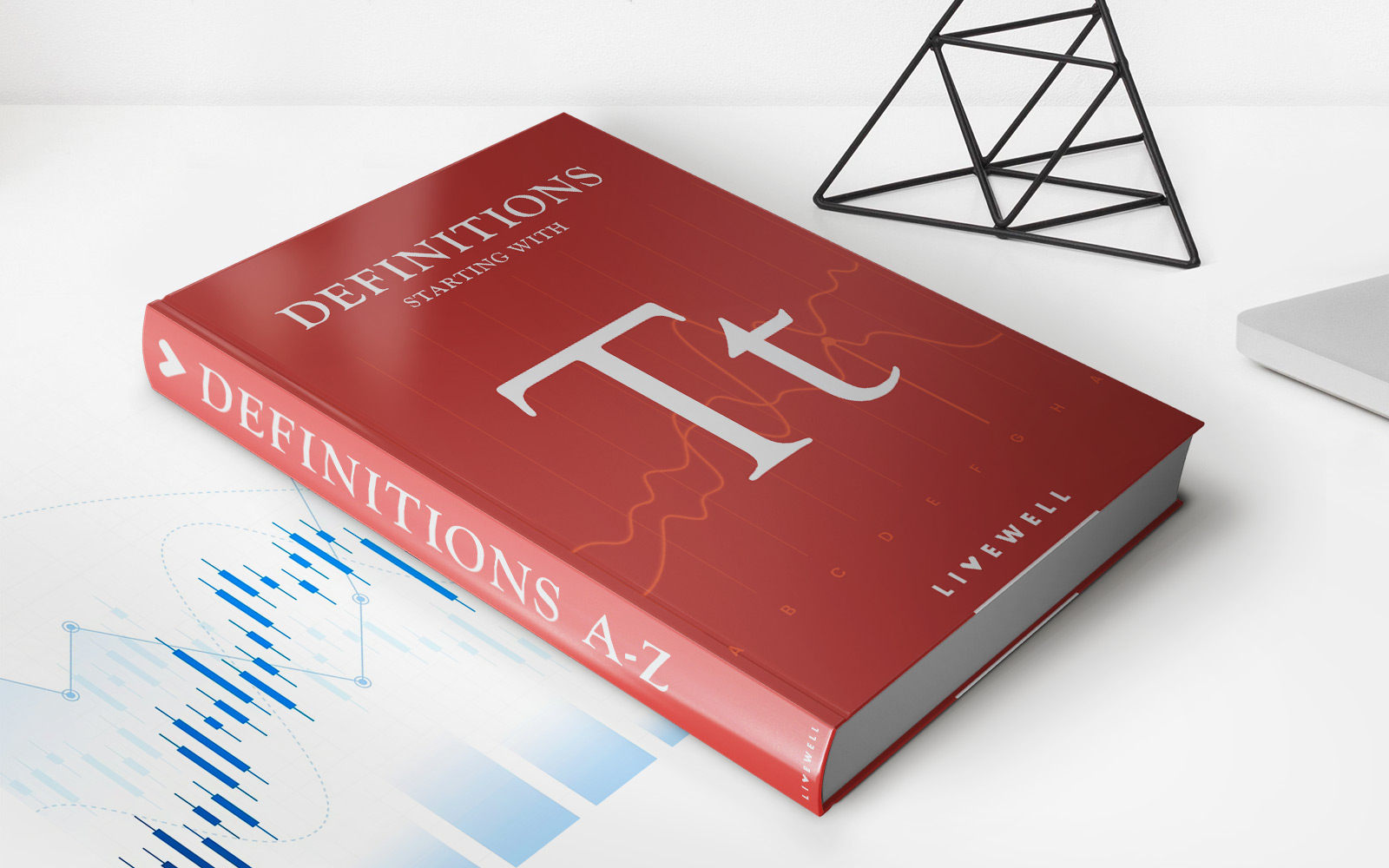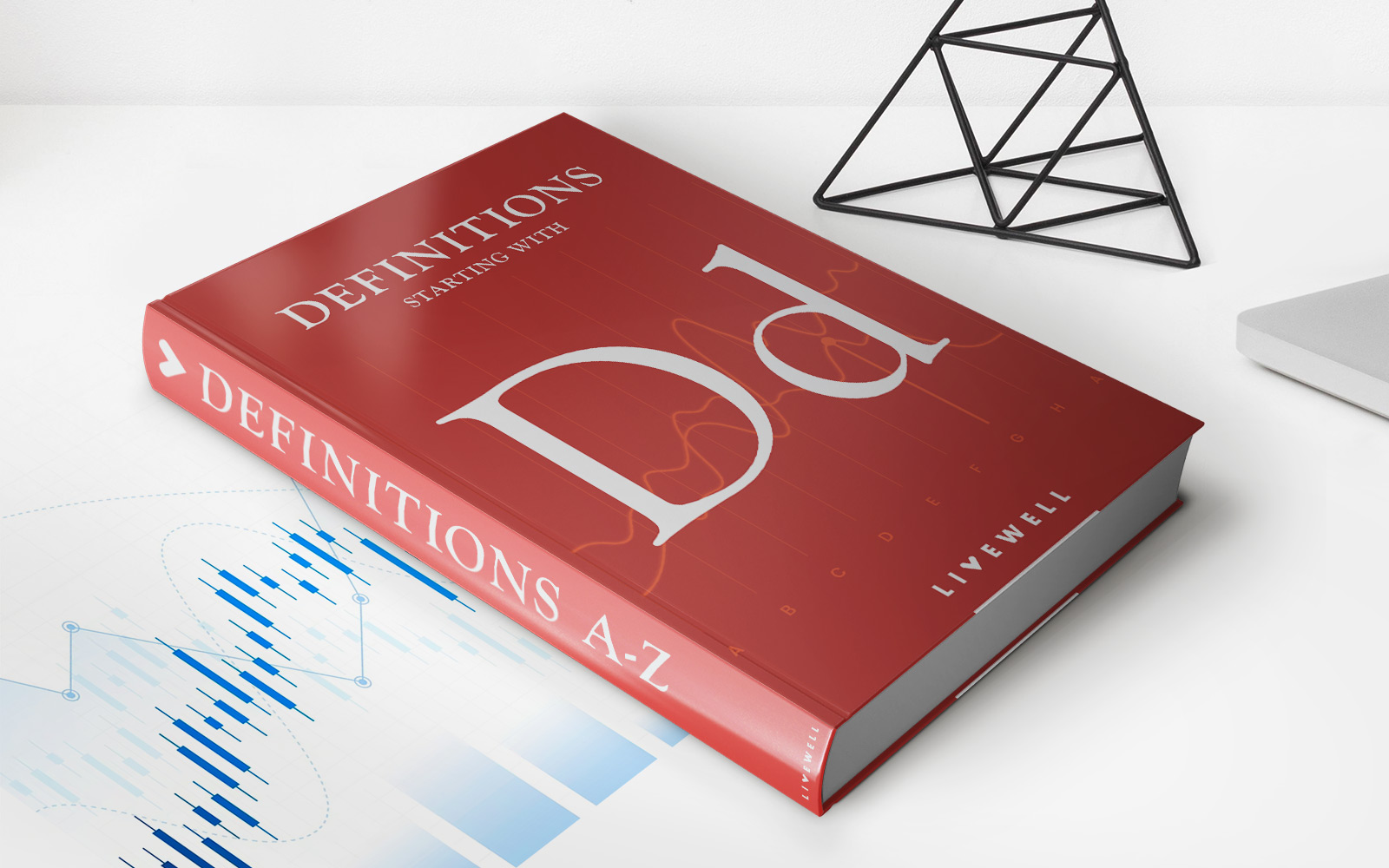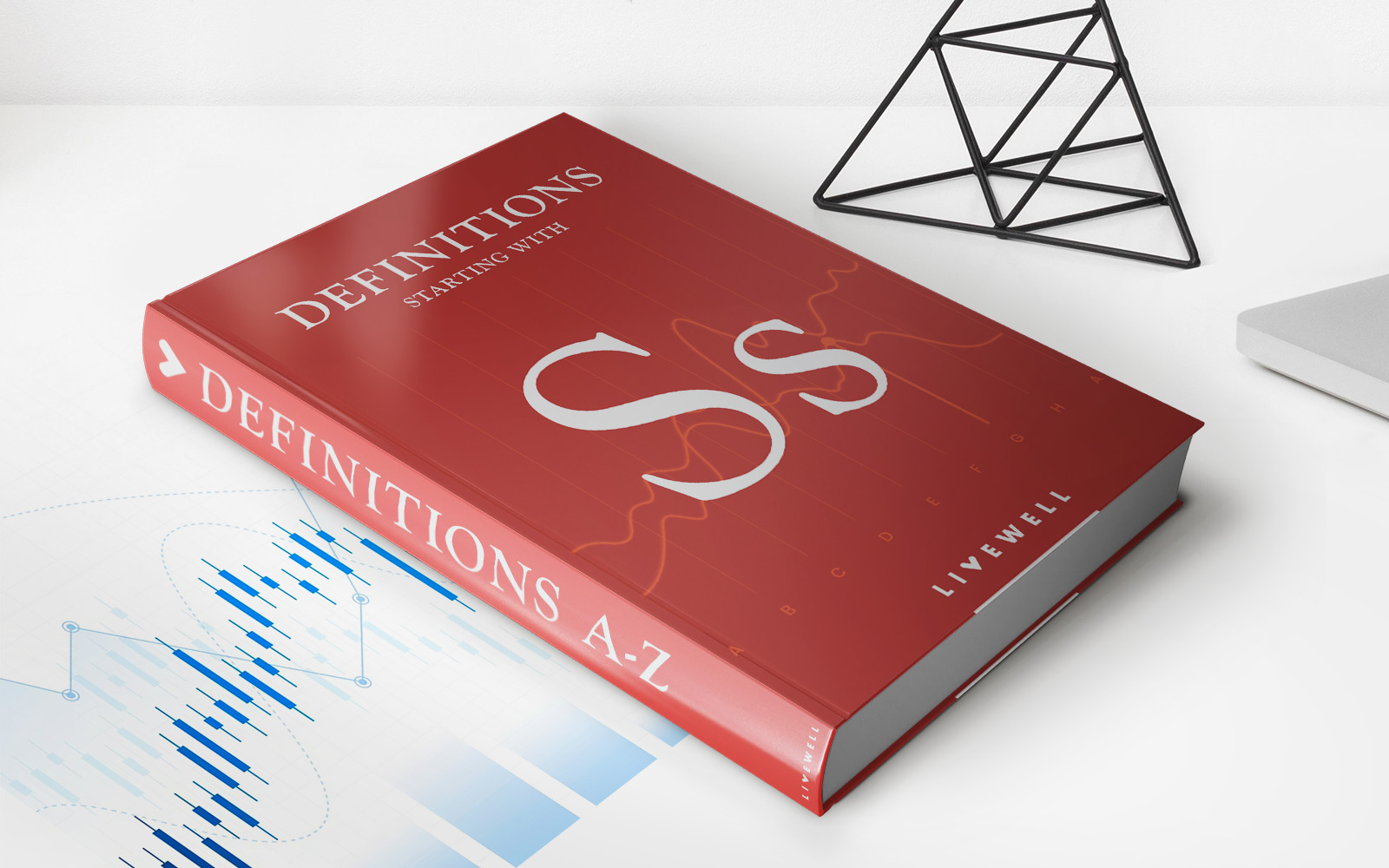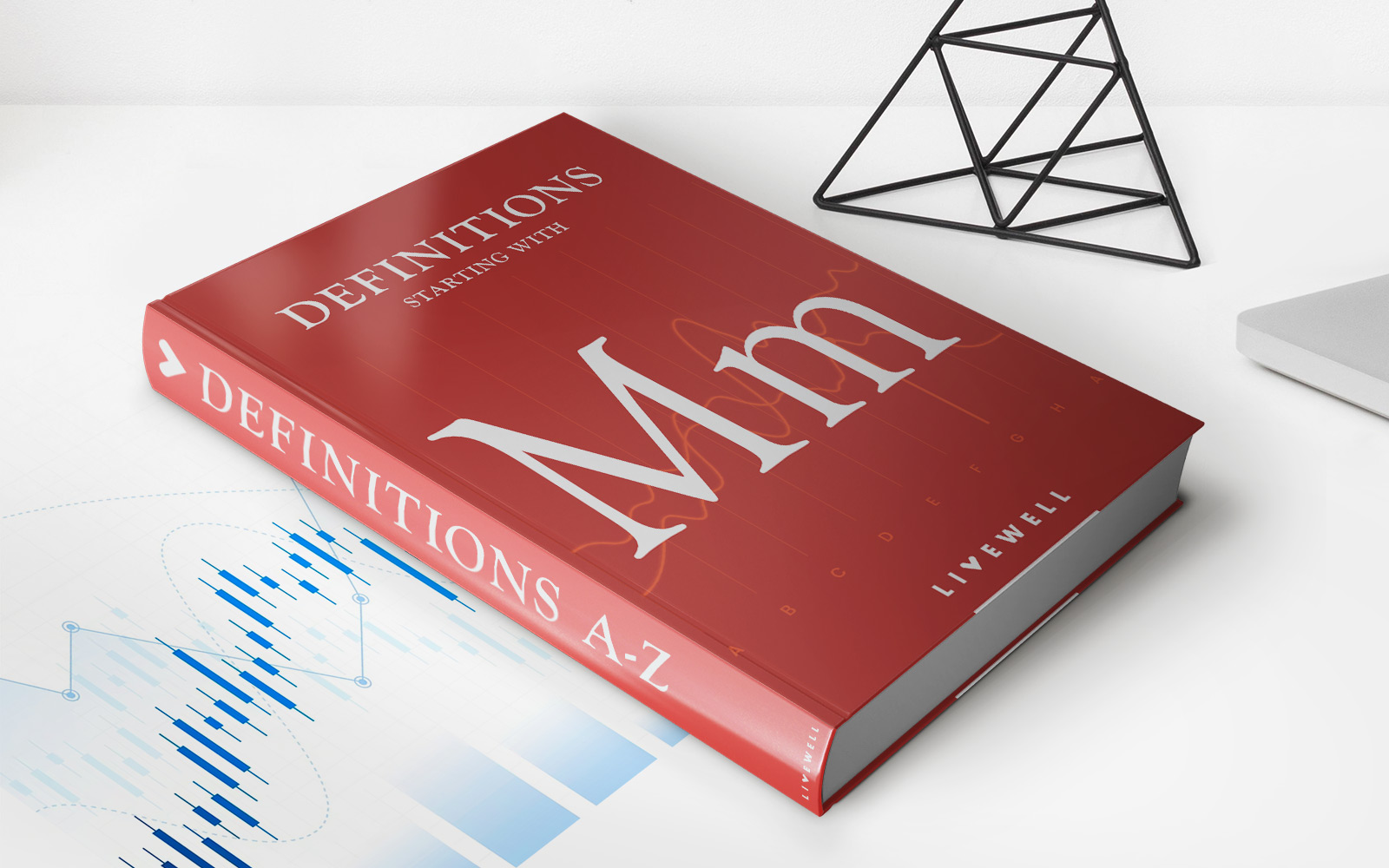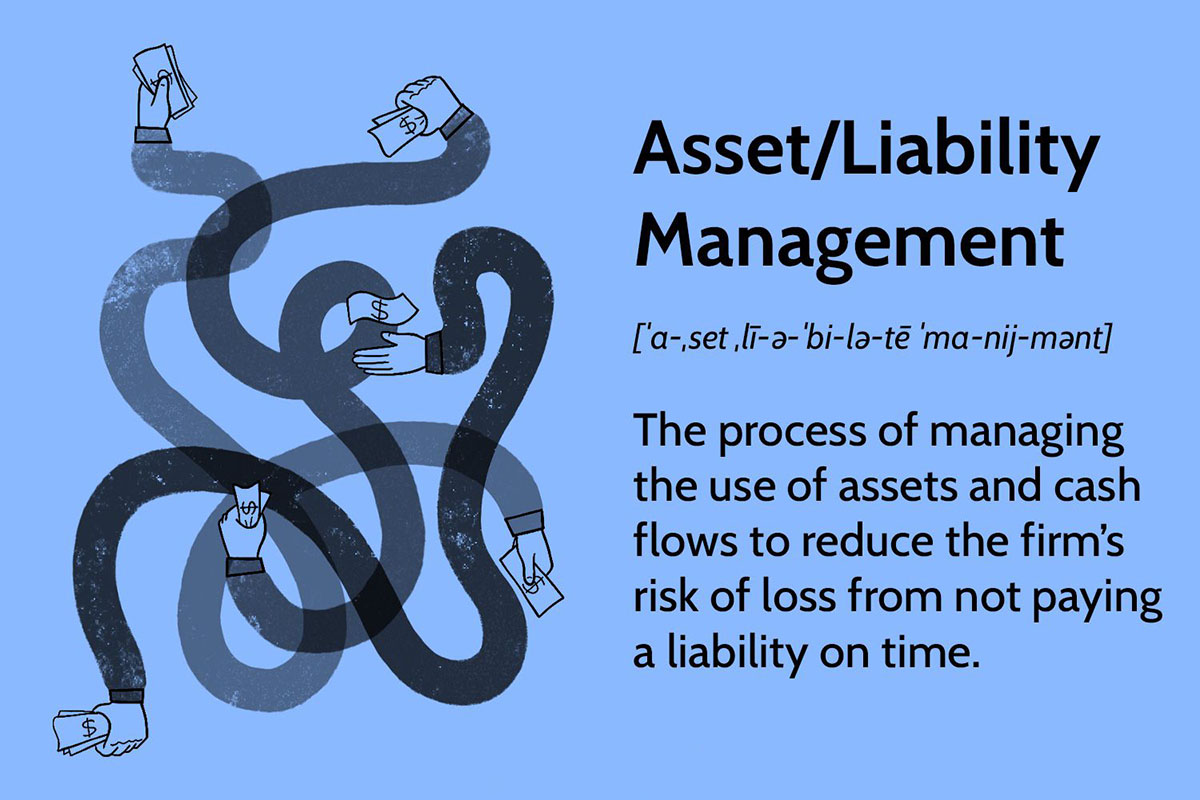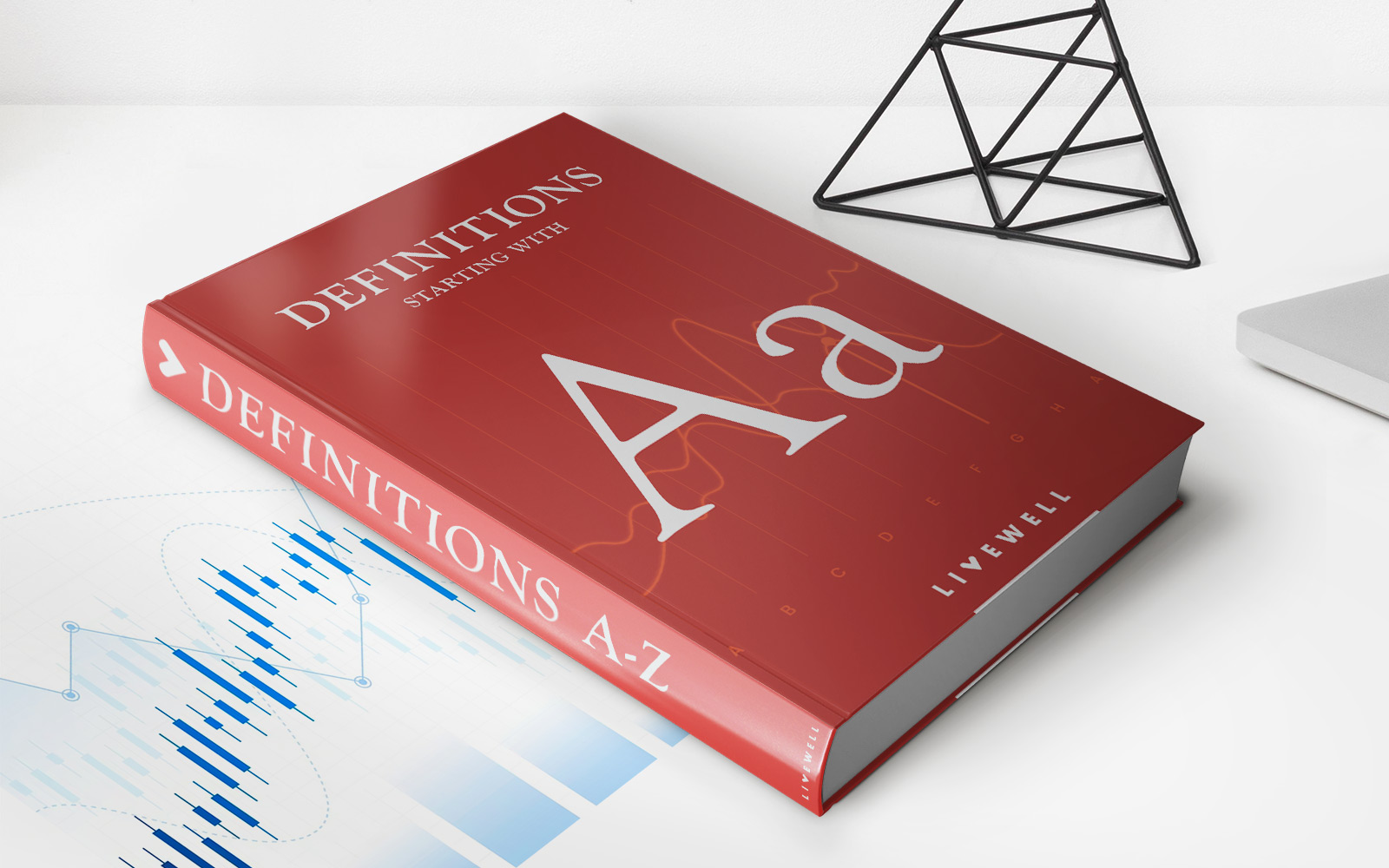Home>Finance>Voucher Check: Definition, Examples And Benefits


Finance
Voucher Check: Definition, Examples And Benefits
Published: February 16, 2024
Learn about voucher checks in finance, their definition, examples, and the benefits they offer to businesses. Enhance your financial management skills with this comprehensive guide.
(Many of the links in this article redirect to a specific reviewed product. Your purchase of these products through affiliate links helps to generate commission for LiveWell, at no extra cost. Learn more)
Voucher Check: Definition, Examples, and Benefits
Are you tired of dealing with tedious banking transactions and keeping track of numerous paper checks? Then it’s time to explore the convenience and security of voucher checks. In this article, we will delve into the world of voucher checks, explaining their definition, providing examples, and showcasing their many benefits. So, let’s dive in!
Key Takeaways:
- Voucher checks are a type of negotiable instrument commonly used in business transactions.
- They include a detachable voucher that provides detailed information about the payment being made.
What is a Voucher Check?
A voucher check, also known as a 3-on-a-page check, is a type of negotiable instrument used in business and personal banking transactions. Unlike regular checks, voucher checks come with an accompanying voucher that provides detailed information about the payment being made. This detachable voucher typically includes fields to record the payee’s name, amount paid, purpose of payment, and any necessary account numbers.
Typically, voucher checks are designed to be used in conjunction with a check register or an accounting software. This allows businesses to keep track of their expenses more efficiently and maintain accurate financial records.
Examples of Voucher Checks
Voucher checks can be customized to fit the specific needs of different businesses. Let’s take a look at a few examples:
- A local restaurant might use voucher checks to pay their suppliers. The voucher would include details such as the supplier’s name, invoice number, and payment due date.
- A small business owner might use voucher checks to pay their employees. The accompanying voucher would include the employee’s name, hours worked, and any relevant deductions.
- Non-profit organizations often utilize voucher checks when making charitable donations. The voucher can include the recipient’s name, donation amount, and the purpose of the contribution.
The Benefits of Voucher Checks
Voucher checks offer several advantages that make them a popular choice for businesses and individuals alike. Here are some of the key benefits:
- Convenience: Voucher checks streamline the payment process by providing all the necessary information in one document. With the detachable voucher, there’s no need for additional paperwork or documentation.
- Security: The detachable voucher ensures that both the payer and payee have a record of the transaction. This added layer of documentation can be beneficial for auditing, record-keeping, and dispute resolution.
- Accurate Record-Keeping: Voucher checks make it easier to keep track of expenses and monitor cash flow. When used with a check register or accounting software, businesses can maintain accurate financial records, simplifying tax preparation and financial analysis.
In conclusion, voucher checks are a useful financial tool that simplifies the payment process and enhances record-keeping for businesses and individuals. With their convenience, security, and efficient tracking capabilities, it’s no wonder why voucher checks are gaining popularity in the world of finance.

